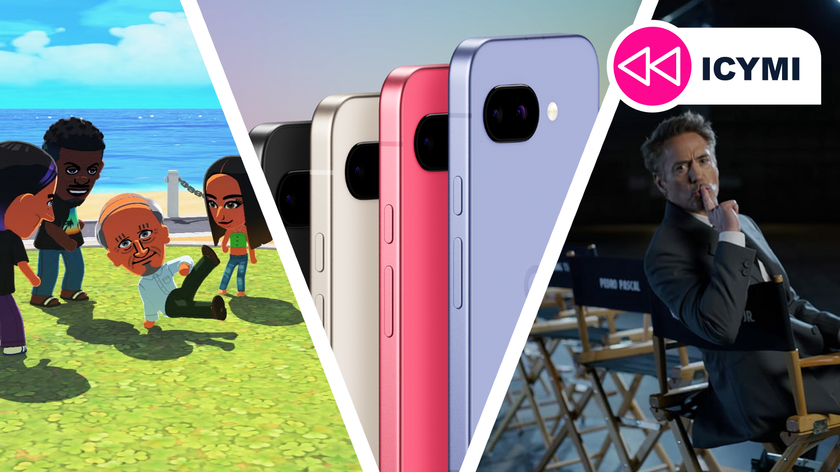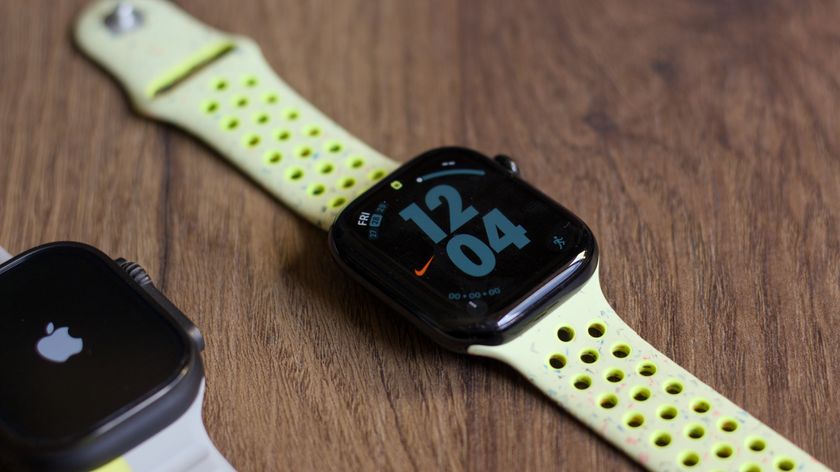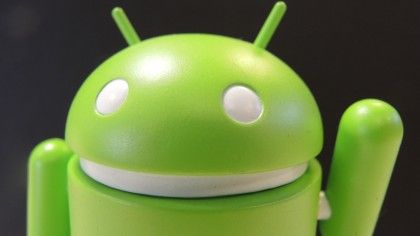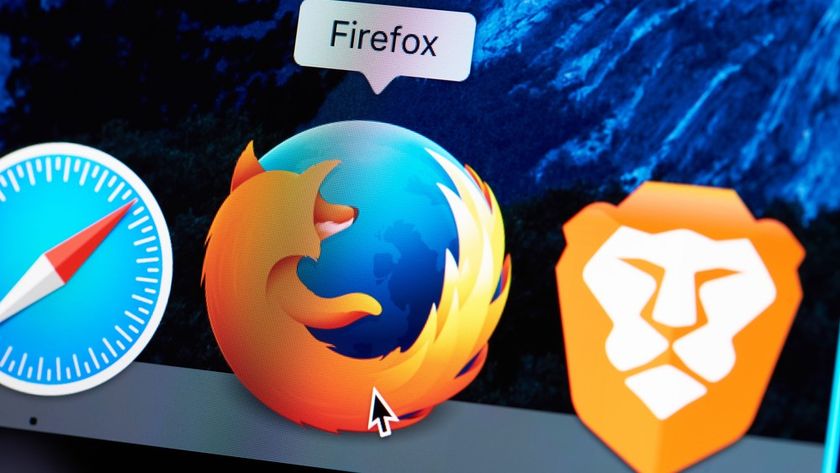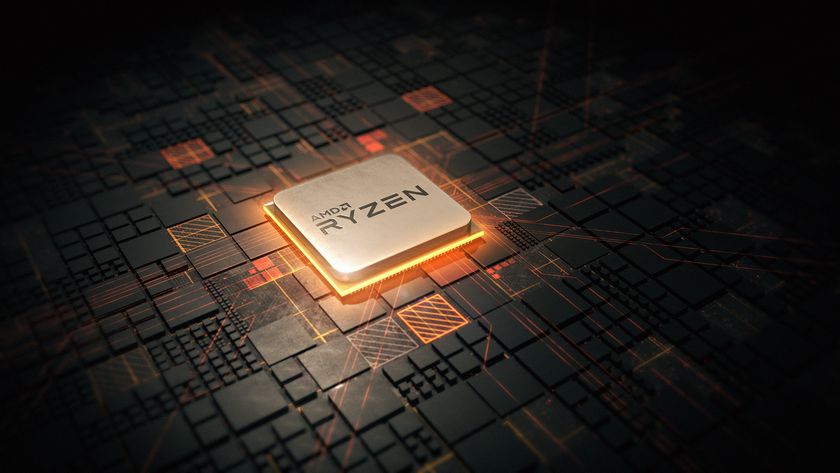In the meantime, the O2 brand is set to fade away ("wherever the O2 logo once appeared, you will soon see the Three logo" runs the spiel), in much the same way that Orange, Cellnet and One2One did, with T-Mobile still sort of existing as a sub-brand of EE (still visible if you use a dongle, as a previous T-mobile customer, for instance) and EE itself is perhaps set to go the same way as part of BT. And, of course, regardless of Mr Li's intentions, fewer providers inevitably means less competition, and almost inevitably higher prices.
But what are Three and O2 telling their customers about the buyout? Unsurprisingly, they are both on message, with the same key statements on both providers' websites. There is to be no change to contract or customer service.
The two companies also hint at improved coverage – "Over the next few months, we'll continue to invest in building a state-of-the-art 4G network which will ensure even better coverage right across the country". Also, there's mention of increased broadband speeds: "Our combined capabilities mean we're equipped for the fastest possible rollout. This will create a super-fast network for all our customers providing even faster broadband speeds". It remains to be seen if this is all hot air, of course, and what, if anything, it will cost the customer.
Those O2 customers registered for Priority Tickets will still receive notifications and be able to acquire presale tickets for 3Arena, so it'll be interesting to see if this is rolled out across the Three customer base, or quietly retired. And O2 Money customers will see no changes to their accounts.
A changing market
What's clear from all this takeover talk is that the UK mobile market is unlikely to ever be the same again. This won't be the last buyout or merger, and we can expect more BT/EE-style couplings too, perhaps involving Sky or Virgin Media – who would both love to be able to join the quad-play party – if credit ratings outfit Standard & Poor's is to be believed. They expect to see additional 'fixed-mobile' combinations in the mould of BT-EE, as companies look to add revenue and synchronise costs.
International Business Times' Edmund Shing reckons any merger action could involve Vodafone next, with AT&T, China Mobile, Softbank Mobile (formally Vodafone Japan) and US mobile operator Sprint all likely suitors. But Vodafone could also look to turn poacher, with Vodafone CEO Vittario Colao stating that he'd push Vodafone towards consumer broadband if BT moved into mobile.
Considering this statement was made days before it was confirmed that BT was in talks to buy O2, last autumn, and considering which company BT ultimately moved for, it shows what a fast moving industry the mobile market currently is.
Are you a pro? Subscribe to our newsletter
Sign up to the TechRadar Pro newsletter to get all the top news, opinion, features and guidance your business needs to succeed!
Anything, it seems, is possible, and there are likely to be more 'twists and turns', as Sky pundits and Premier League managers like to say, before we have a crystal clear picture of where the market is heading – although it's a pretty good bet that we'll see higher prices before long, and I wouldn't rule out Sky getting involved somehow.
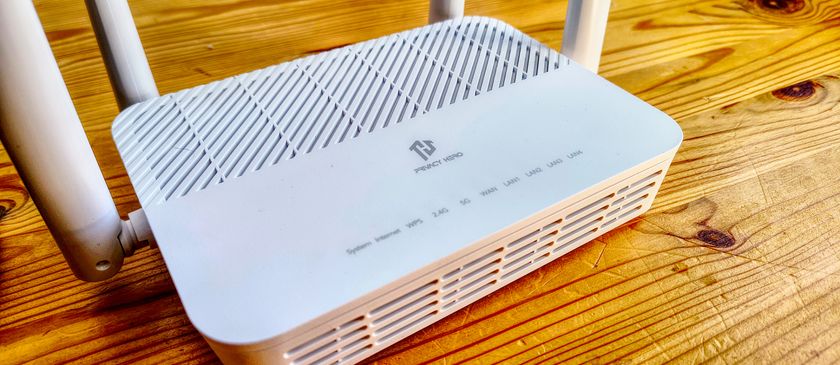
Privacy Hero II VPN Router
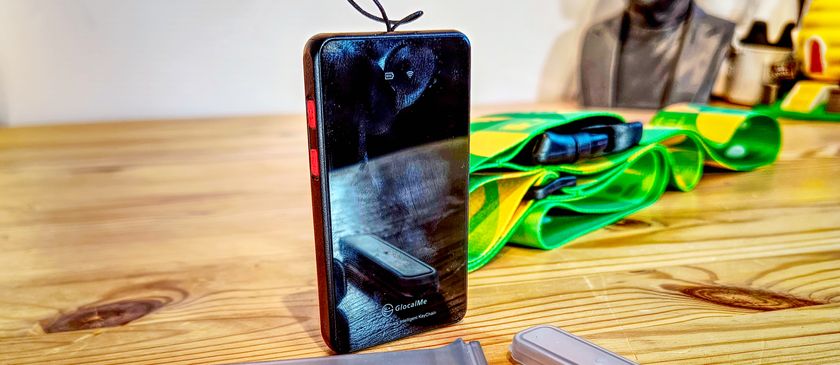
When I tested this global tracker, it trounced the Apple AirTag in so many ways
